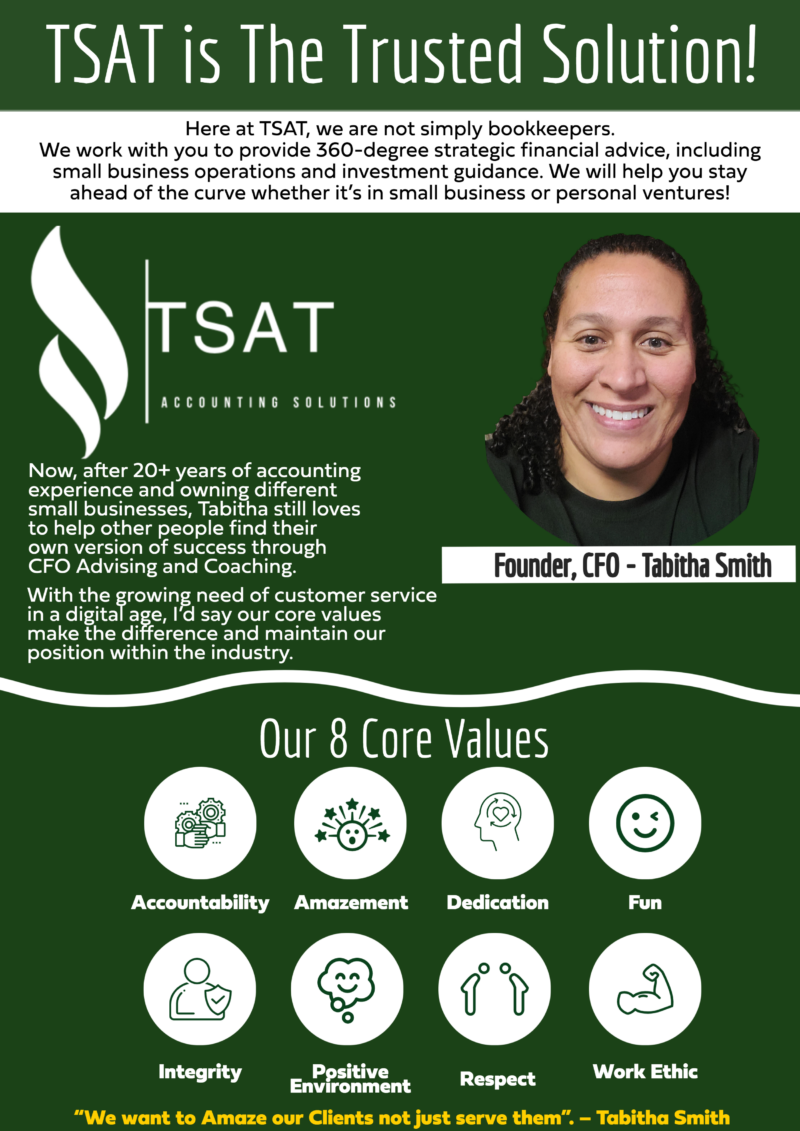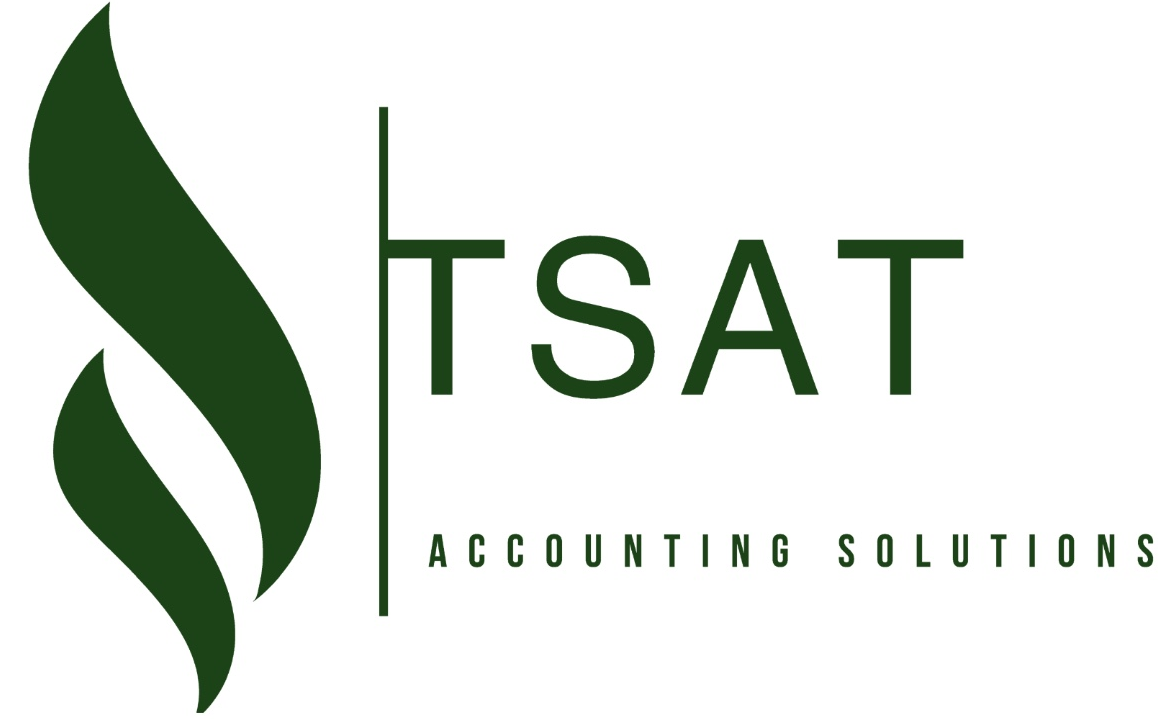Understanding the Rules Around Breaks for Your Employees
If you’re an employer, it’s important to understand the rules around breaks for your employees. According to the law, employees should be given a break of at least 20 minutes each day. Breaks increase worker productivity. However, some exceptions may apply. For example, an employee may not be permitted to take a meal break if they are the sole employee in the company. If this situation is the case, an employee can take legal action against his or her employer.
The rules around breaks vary by state. Some states have strict requirements, while others have no requirements. Depending on the state in which you do business, you may have to give your employees breaks as required by law. While unauthorized short breaks don’t require payment, it’s best to follow the law.
While the rule regarding breaks is generally straightforward for the average worker, it can be complex when you factor in exceptions. It’s crucial to understand the rules regarding breaks in order to give your employees the proper rest. You also have to be aware of recent legal decisions regarding breaks. It’s crucial to understand the rules surrounding breaks for your employees so that you can avoid any legal trouble. There are a few things you can do to ensure your employees get the rest they need.
What are the federal rules on employee breaks?
The federal Fair Labor Standards Act (FLSA) does not require employers to provide meal or breaks periods to employees. When employers choose to provide rest or meal breaks, they may be subject to regulations. From our friends at Workforce Hub:
Breaks Less Than 20 Minutes Should be Paid Per Federal Law
When employers provide employees rest breaks that last 20 minutes or less, federal law requires that those breaks be paid. Additionally, that time must be used in the sum to determine if the employee worked overtime.
Breaks 30 Minutes or Longer Can be Unpaid in Most Circumstances
But, meal breaks that last 30 minutes or more can typically be unpaid if the employee is relieved of all work duties. In a study by Right Management, 39% of employees admit to eating lunch at their desk more often than not, while 28% admit to rarely taking any breaks at all. This even happens in states that have mandatory break laws.
Does Your Timekeeping System Automatically Clock Employees Out for Lunch?
Unfortunately, this can be problematic for employers. If your time and attendance system automatically clocks employees out for lunch, even though some are still working, that puts you at risk.
- It is also a problem if your employee does take a lunch break, but continues to be responsible for work-related tasks. In these situations, employees must be paid for their meal breaks.
- Not tracking breaks or lunch properly is a common off-the-clock work violation and can be very costly. It puts you at risk for a lawsuit, and DOL penalties. All of these affect your bottom line and hurt employee relations. If you are still using an old-fashioned punch clock, considering upgrading to a clock that tracks breaks. Furthermore, if you use spreadsheets for employee scheduling or paper timecards, consider all-in-one Human Resources software with an HR portal.
- In states like California that require meal and rest breaks, it becomes extremely expensive for employers who do not follow break laws.
Make Sure You, Your Employees and Your Managers Know the Laws
As a result, it is very important to make sure that employees and managers understand break expectations. However, many employees will still feel pressure to clock out and continue to work. Therefore, it is just as important to make sure that employees and managers understand that properly tracking work time is just as important.
- Every state has varying employer requirements. Some states have expansive break requirements, while others are minimal.
- Employers who use time and attendance software can properly track employee breaks per state law. These employers can also provide longer unpaid breaks.
Let’s get more specific, what are the rules in the Four States area?
Missouri Meal & Rest Breaks
Missouri does not require meal or breaks to employees.
Missouri Department of Labor and Industrial Relations
Kansas Meal & Rest Breaks
Kansas does not have any meal or rest break laws.
Oklahoma Meal & Rest Breaks
Oklahoma employers must give minors who are under the age of 16 a 30-minute break for every 5 consecutive hours of work. In addition, employers must give employees one full hour of rest for every 8 consecutive hours of work.
However, there are no other rest or meal break requirements in Oklahoma.
Arkansas Meal & Rest Breaks
Arkansas does not require either rest or meal breaks. If the employee is relieved of working, then the employer does not have to pay for the break time. However, the employee must be free to leave their workstation. Rest breaks of 20 minutes or less counts as time worked.
Children under the age of 16 who work in the entertainment industry must be given rest breaks.
You’ve got a lot to focus on, how can TSAT become your Trusted Advisor?

Your Trusted Advisor… At TSAT, we know that a great businesses need to operate at high levels of service, accuracy, reliability, and throughput. We also know that the only way to ensure these things are achieved is to develop a comprehensive set of accounting and finance policies and procedures and to regularly train all personnel involved in the management and control of the company’s software. Only by taking steps toward accounting, quality assurance, and finances can a small business accounting department expand its business and improve its profit margins. It takes a little work to make sure that every aspect of small business accounting is running at full capacity, and we are here to help!
Here at TSAT, we are not simply bookkeepers. We work with you to provide a 360-degree strategic financial advice, including small business operations and investment guidance. We will help you stay ahead of the curve when it small business or personal investments!
If you are a gig worker or small business owner looking to grow your business, TSAT’s AMAZING Trusted team considers much more than just your taxes!
TSAT’s is your Trusted Advisor and will let you focus on your business’s core competencies! Whether you have a small business or you need help personally, TSAT can give you HOPE! Call us today!
Phone: (417) 208-2858
- Website: TSAT Accounting Solutions
- Facebook: TSAT Facebook
- Calendly : Quickly schedule a 15 minute call!
- Alignable: Connect with Us on Alignable!
- Fill out the Qualification Questionnaire for a full 1 hour CFO Consult!

